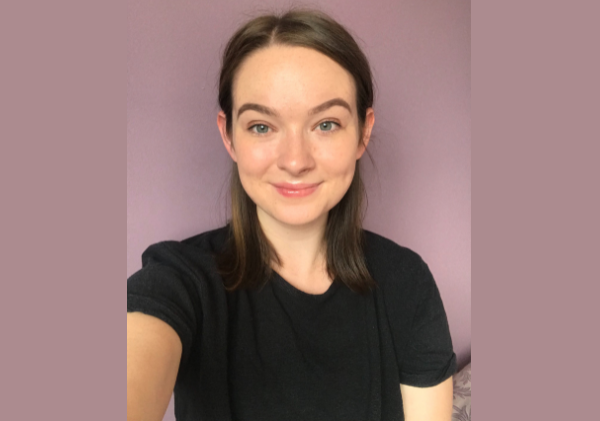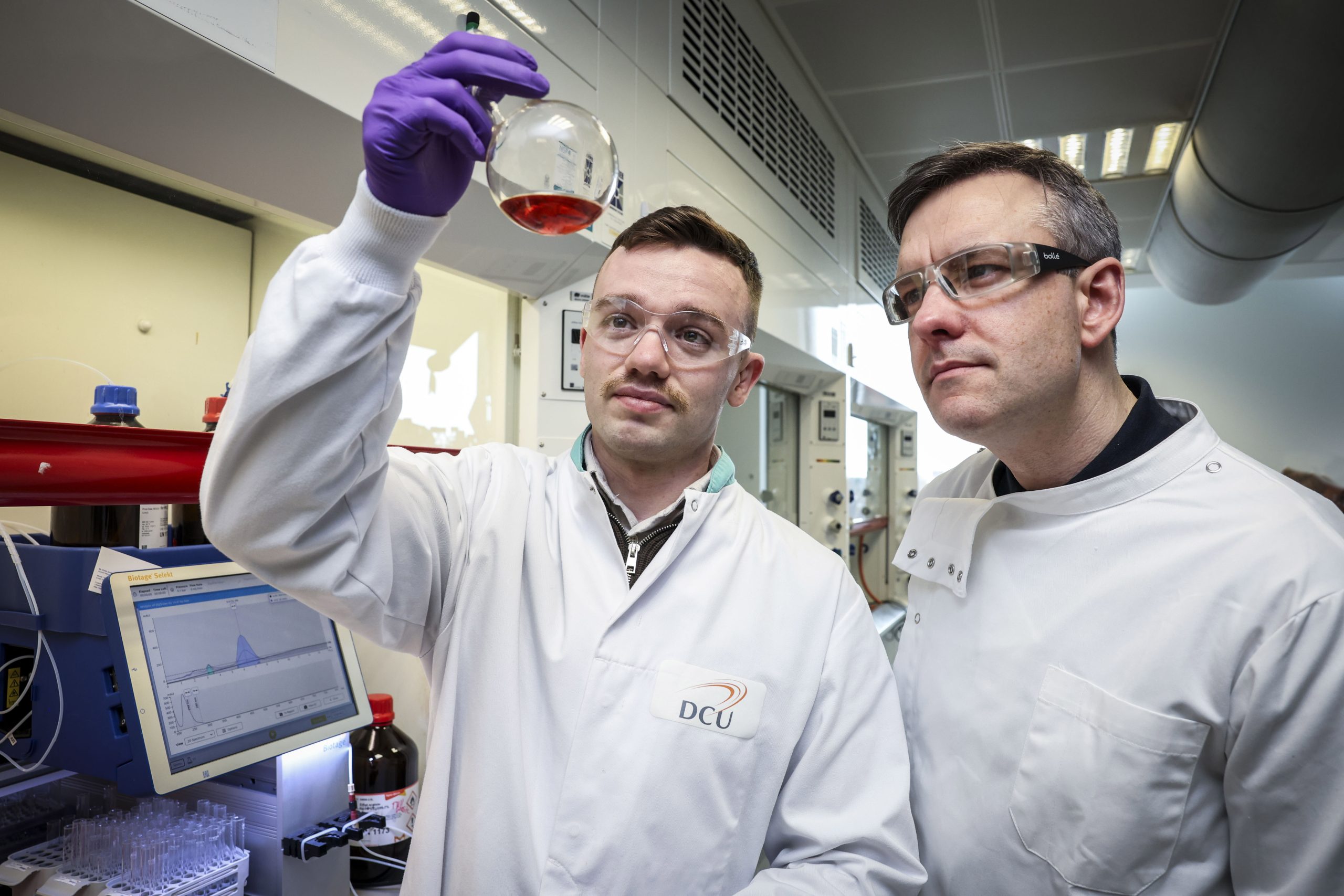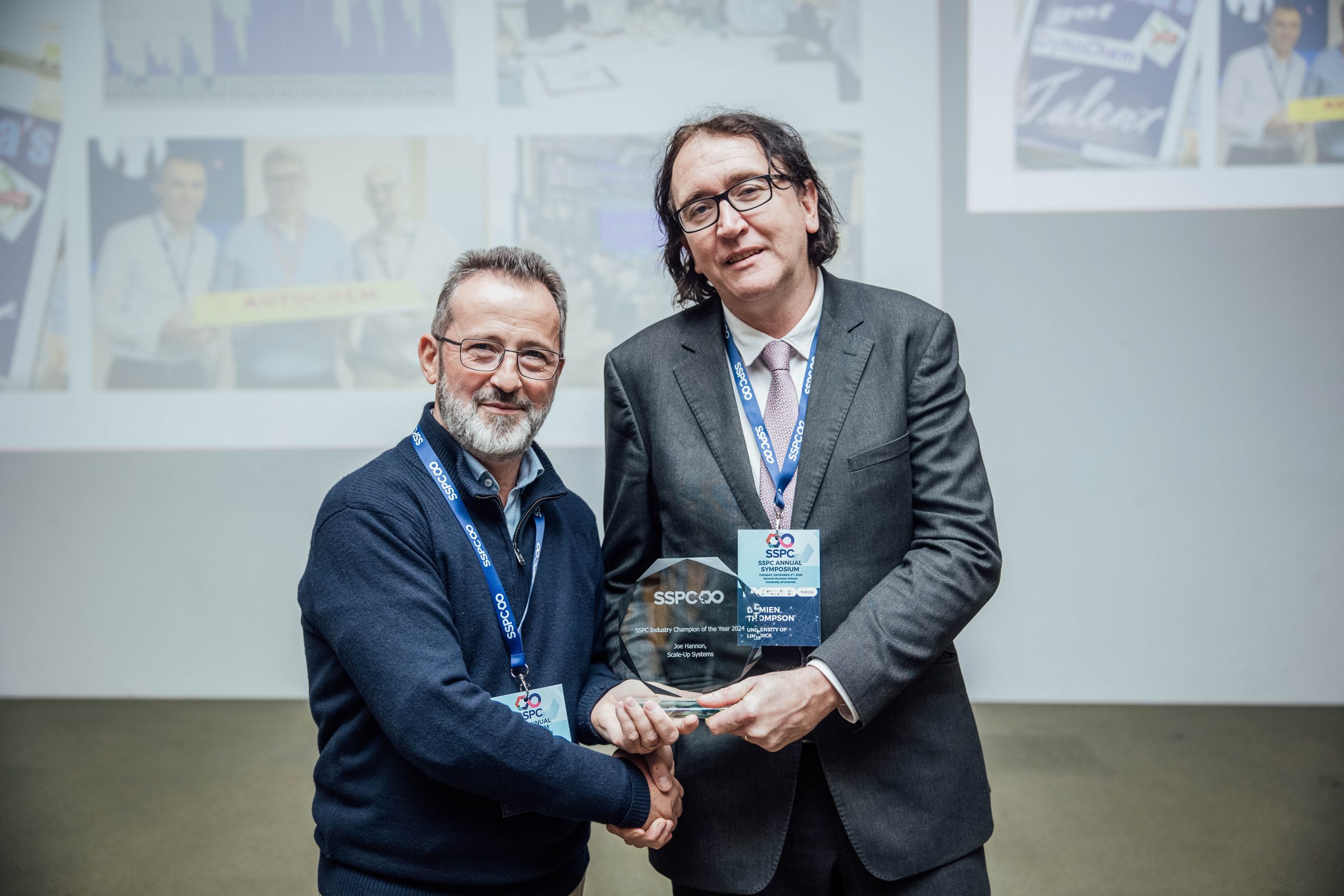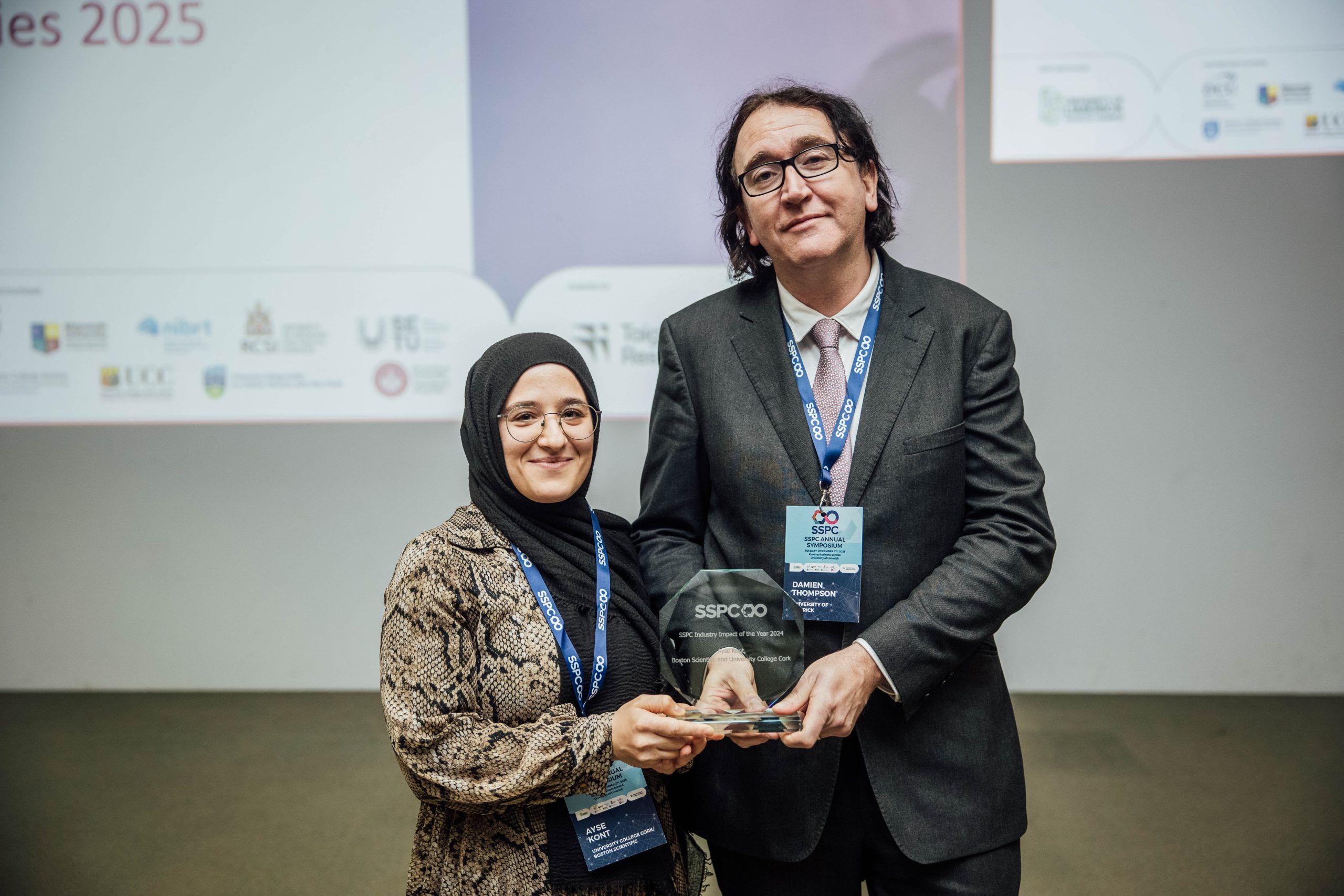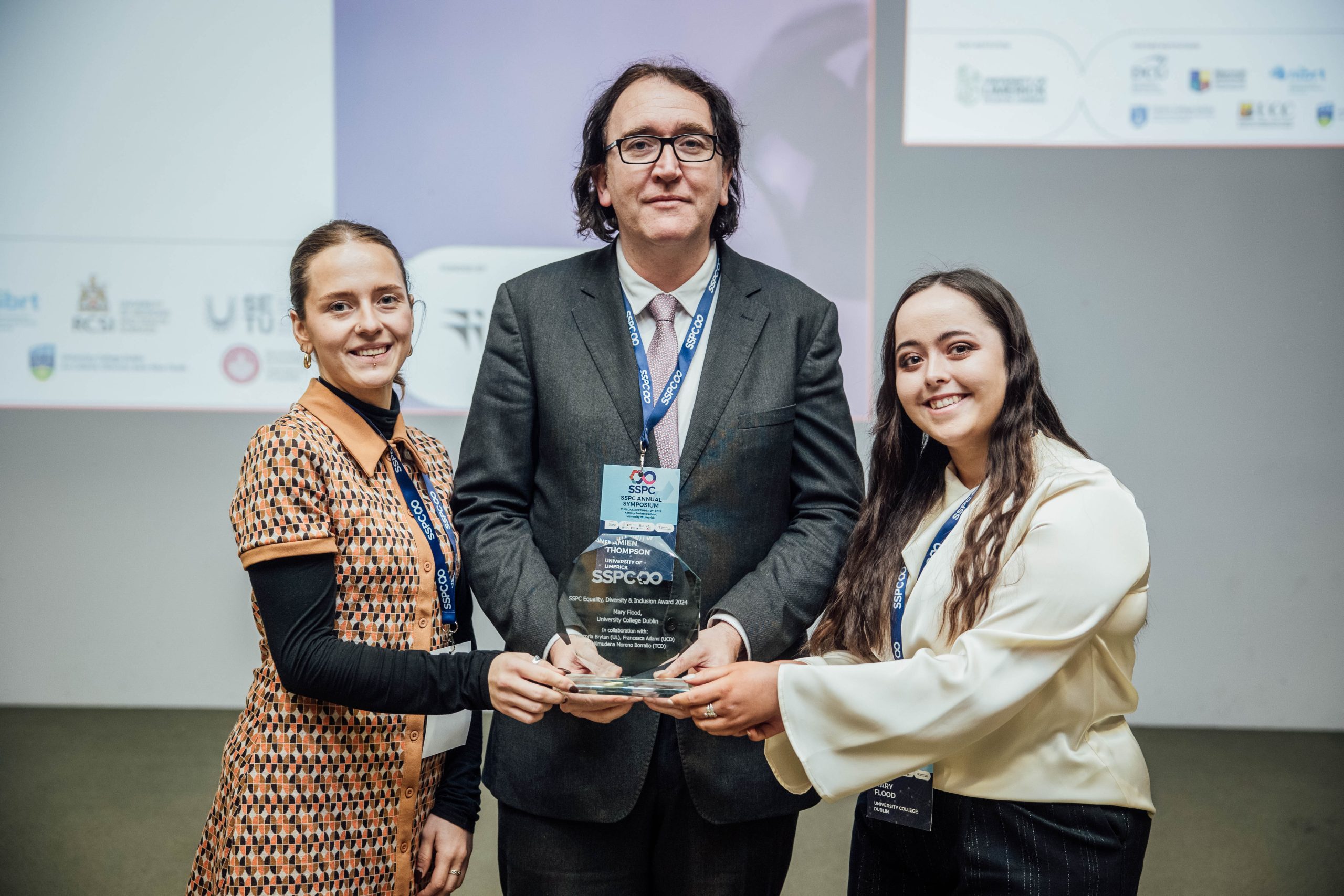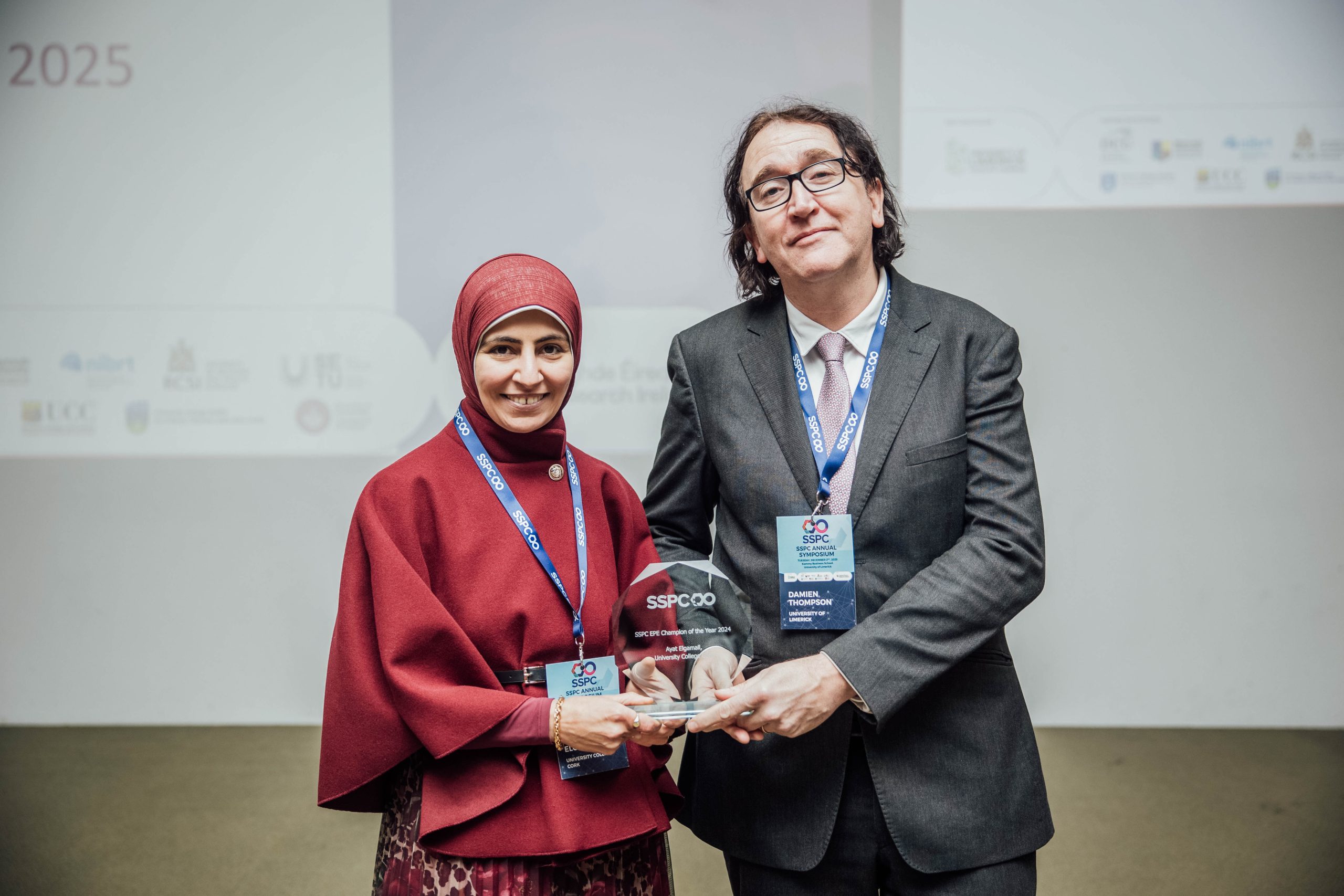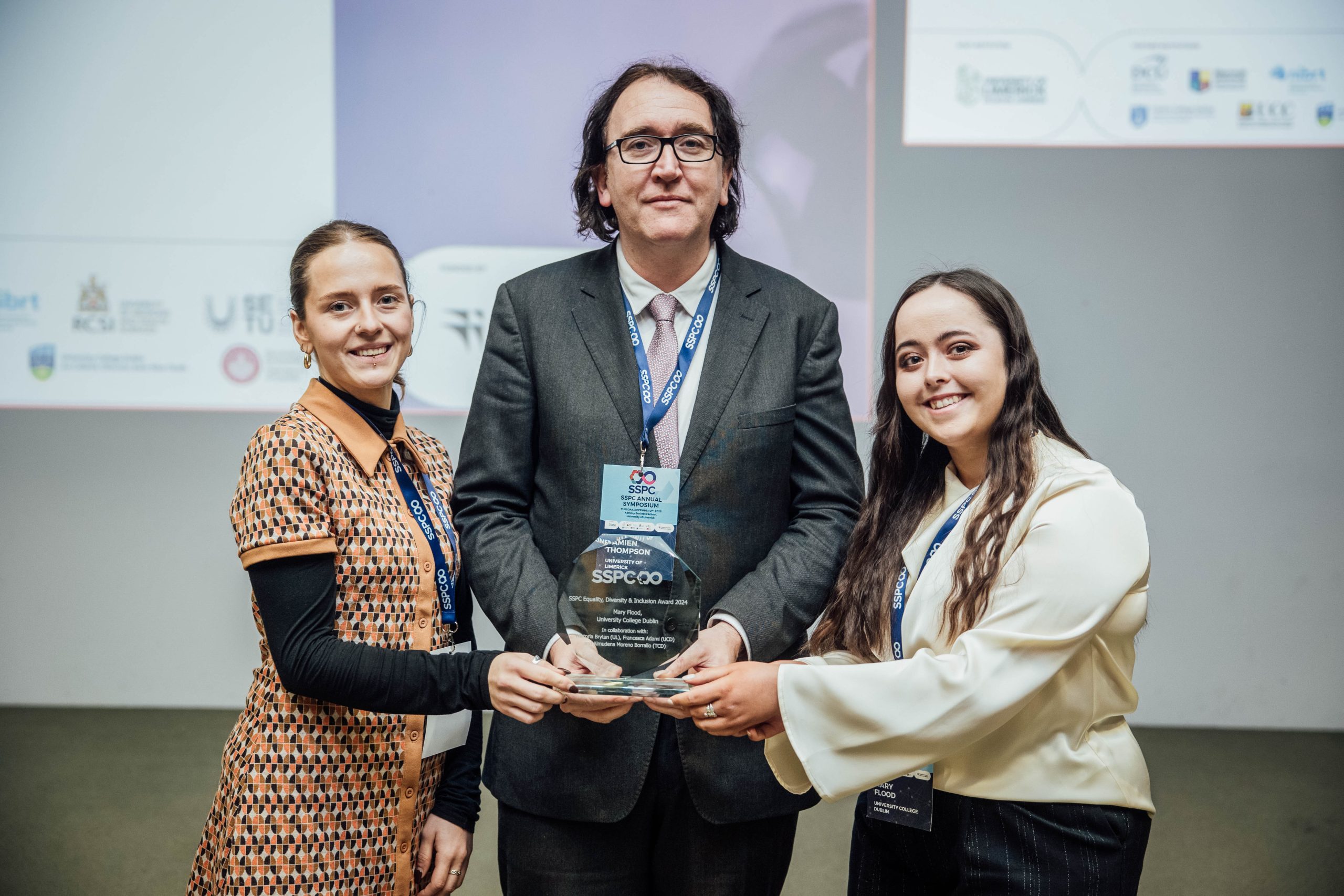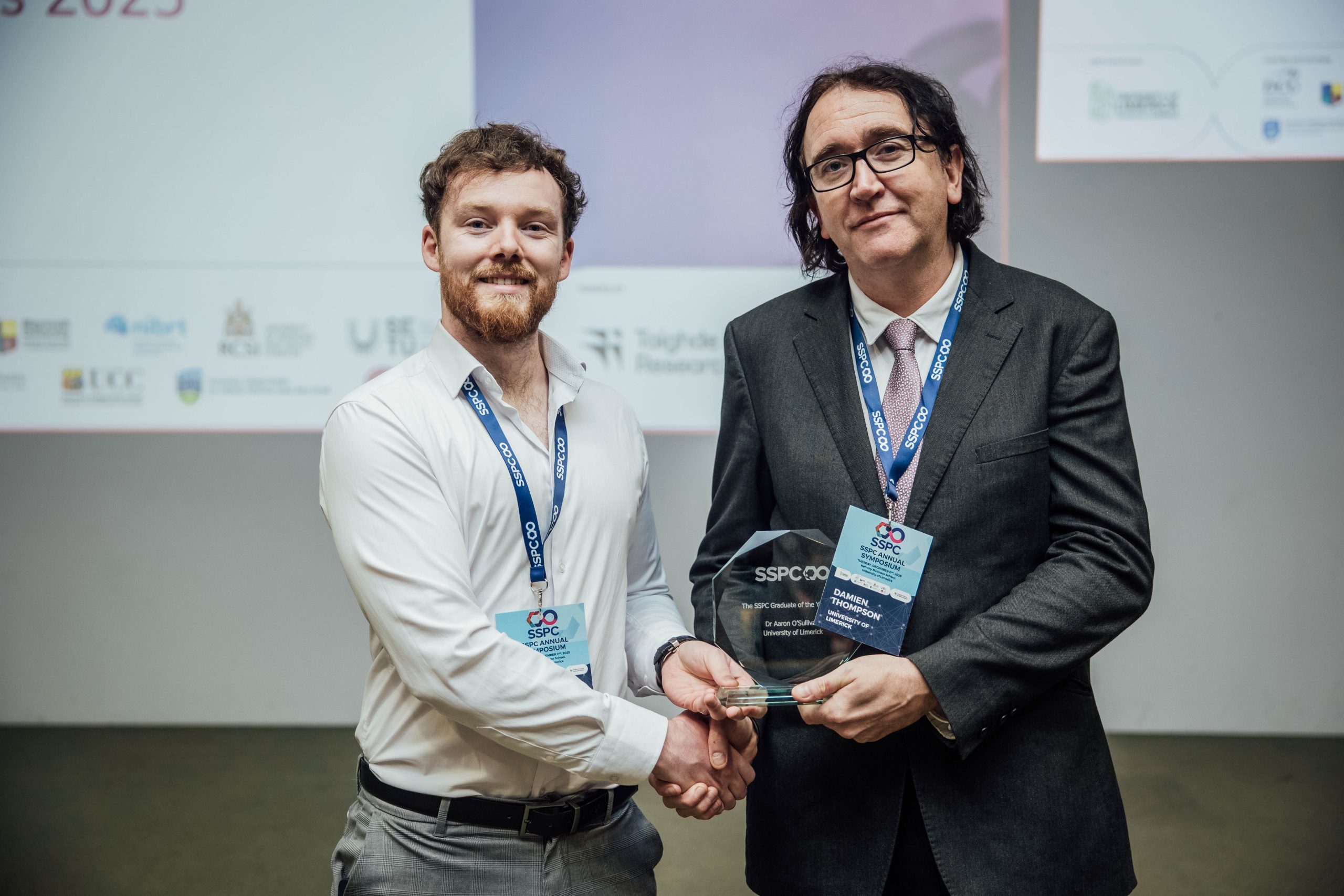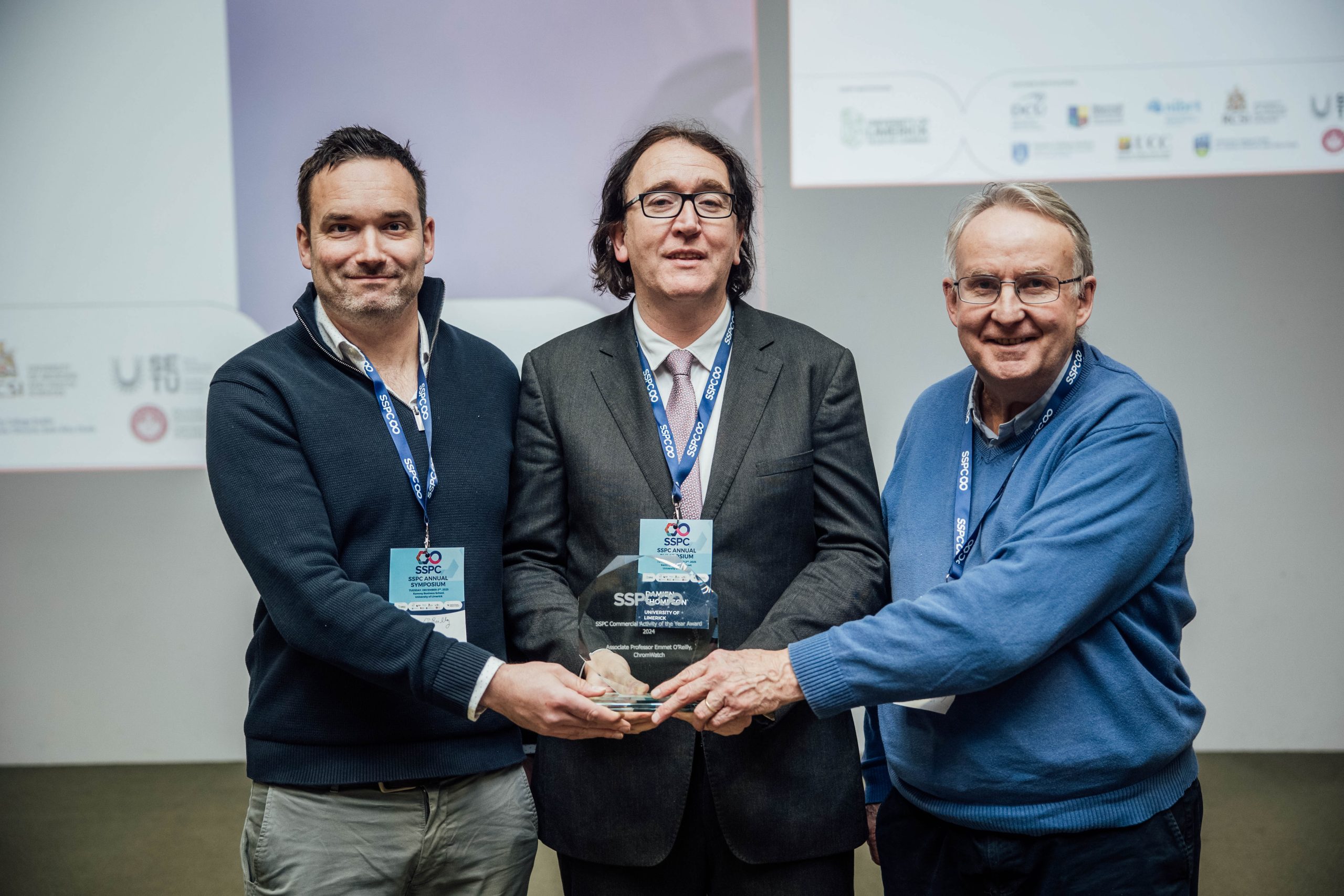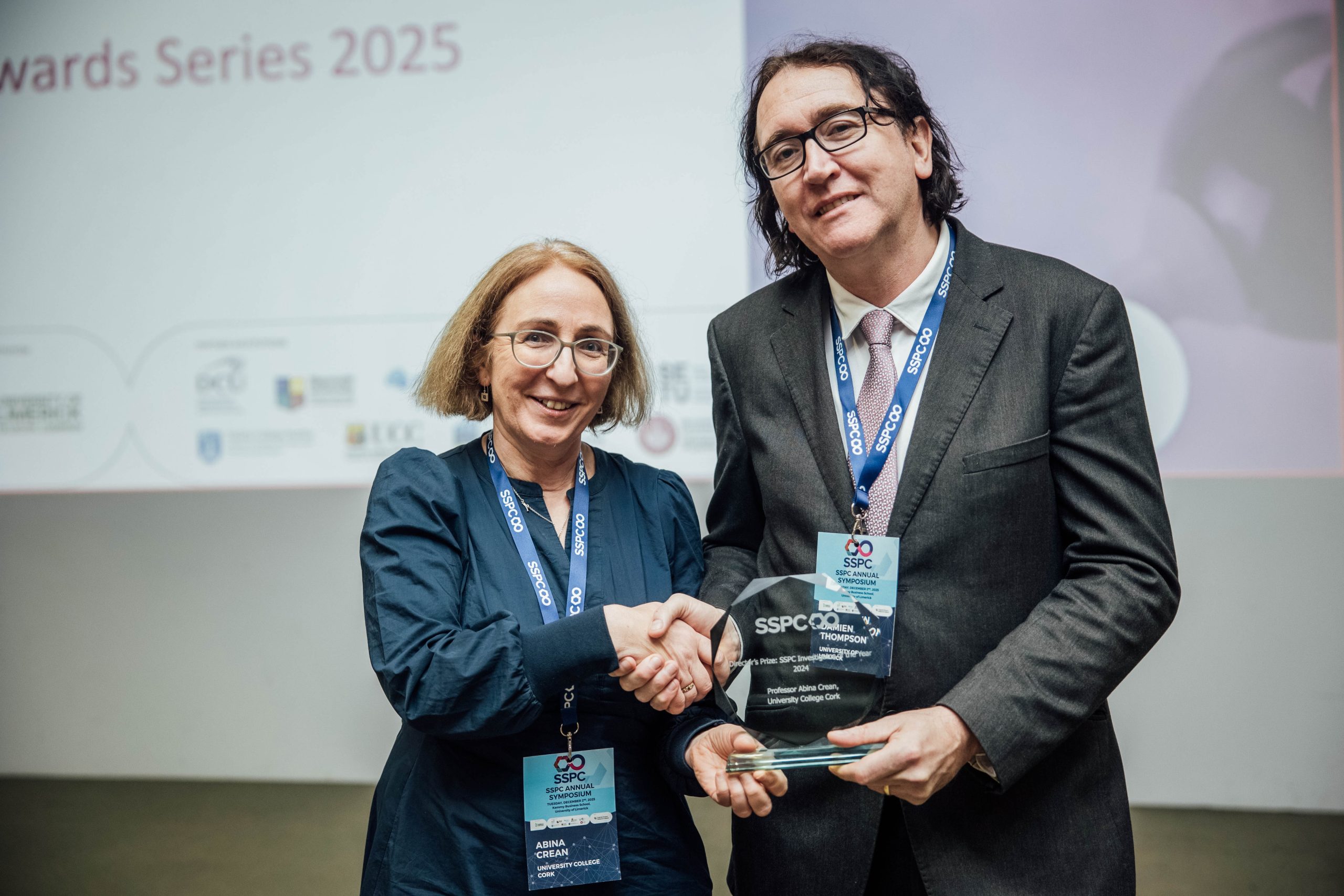My name is Rachel O’Sullivan. I graduated with a BSc in Medicinal Chemistry and Chemical Biology from University College Dublin in 2020. I began my PhD in organic chemistry in September of 2020 under the supervision of Prof Pat Guiry in UCD. My decision to pursue a PhD in chemistry came from my third-year undergraduate industry placement in Amgen. During this undergraduate placement, I noticed many of my mentors had completed PhDs in their respective fields. These mentors spoke highly of their PhD experience and encouraged me to consider applying for a PhD. My interest in pursuing a PhD grew once I finished my undergraduate degree as I felt I still had a lot more to learn. While I wanted to further my education, I knew a career in academia was not something that interested me. However, I understood that a PhD in chemistry would be invaluable to me for my career in the pharmaceutical industry. I was lucky enough to receive funding from SSPC with Pat Guiry as my supervisor. Since my first year of my PhD, I had been looking forward to my third-year industry placement that SSPC would support.
Once in my third year of my PhD, I expressed interest in completing an industry placement and SSPC circulated my CV to their industry partners. I was invited for multiple interviews which I enjoyed preparing for and participating in. These interviews were a great opportunity for me to learn what to expect when applying for a job after I complete my PhD. I received an offer from Eli Lilly Kinsale to undertake a PhD industry placement from May to August 2023. I’d heard positive reviews from previous students who undertook a placement with Eli Lilly and so I was delighted to accept the offer.
In Eli Lilly, I was a member of the Process Optimisation Group (POG) which is a subgroup of the Small Molecule Technical Services and Manufacturing Sciences (SM TSMS) team. My project focused on an oncology product developed by Eli Lilly. My role within the team was to investigate the optimisation of the synthesis of the oncology product to make the process more cost effective, more efficient, and more environmentally friendly. While working on this project, I learned how to set up a lab model, monitor reactions using HPLC analysis and how to document my experiments complying with good documentation practices (GDP) using an electronic notebook (ELN). I performed kinetic studies, mass balance analyses and process mass intensity (PMI) calculations. The skills that I had already learned while carrying out my PhD research were highly relevant to my internship role, and I felt capable of completing each task given to me. My practical laboratory skills, critical thinking skills and general chemistry knowledge improved throughout my placement with the help of my supervisor and fellow colleagues.
There was a notable difference between working in an academic laboratory and an industrial laboratory. Safety was always of the utmost importance and now, having returned to the academic laboratory, I’m more safety conscious. Workdays during a PhD can vary from a productive 4 hour working day to an unproductive 12 hour working day and anything in-between. At Eli Lilly, you are encouraged to work only your assigned hours and to avoid working overtime if possible. I really enjoyed the more structured workday of an industry job as it allowed me to establish a routine which helped me reach an appropriate work/life balance.
While in Eli Lilly, I felt like a valuable member of the team. I attended meetings, presented my work, and received feedback and advice from team members. I enjoyed attending POG and TSMS meetings as it gave me an insight into the level of work expected of me once I begin my career in industry. These meetings also showed me how the team support and encourage each other to face problems head on and to find practical solutions. There was an undoubtedly friendly atmosphere in Eli Lilly Kinsale. This welcoming environment is cultivated from your first induction day as you are encouraged to ‘say hello’ to colleagues around the site.
My industry placement with Eli Lilly was an invaluable stepping stone in my career. Through mentorship and networking, I gained an insight into my future career path. I’m excited to complete my PhD and to continue my career in the pharmaceutical industry. My decision to pursue a career in science was inspired by wonderful female role models I had in school. My commitment to pursuing a career in pharmaceuticals has been fostered by the female and male mentors I’ve encountered in university and during my industry placements. As I progress through my academic and professional life, I hope to inspire people to strive for a career in STEM and to become a role model for aspiring scientists.

